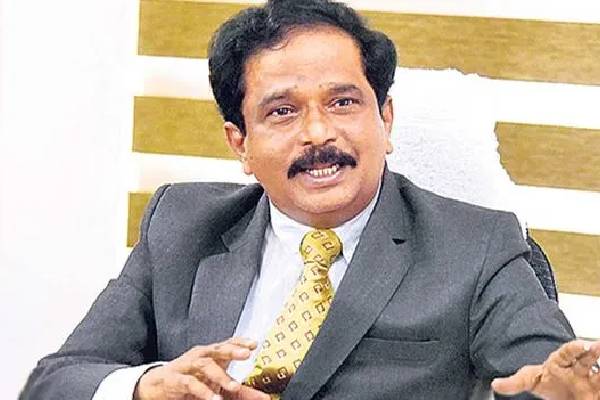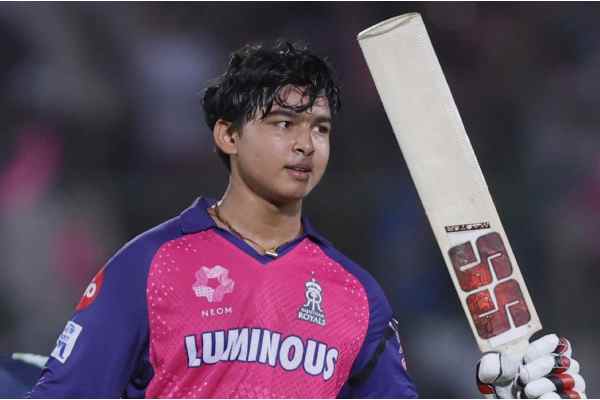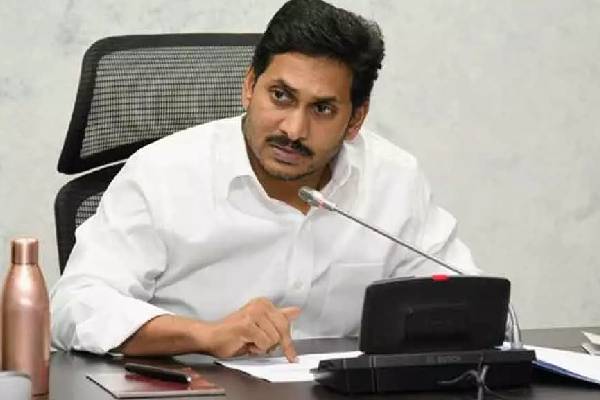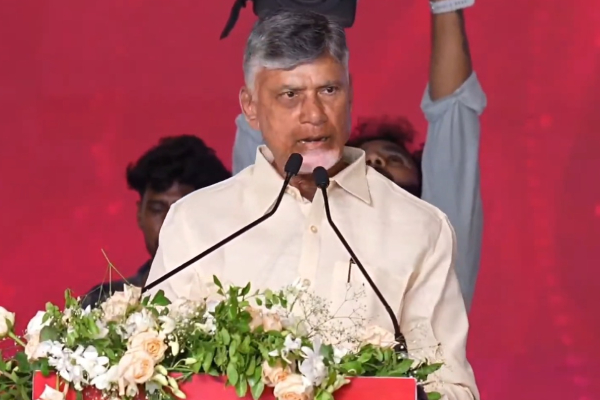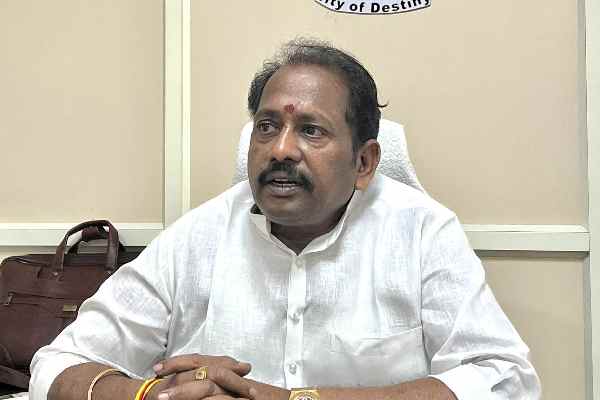The Special CBI Court on Friday postponed the hearing on the alleged disproportionate assets case involving Andhra Pradesh Chief Minister Jagan Mohan Reddy. The case came up for hearing on Friday. Jagan’s lawyer filed a petition in the Special CBI Court expressing the Chief Minister’s inability to appear before the court. Jagan instead sought the hearing via video-conferencing.
On January 17 this year, the CBI special court rejected Jagan’s petition seeking postponement of money laundering cases filed against him by the Enforcement Directorate. The court, however, gave an exemption to Jagan, from personal appearance in connection with the disproportionate assets case and quid pro quo cases filed against him by the CBI.
Jagan had filed three petitions in the court: one seeking postponement of the hearing on ED cases till the trial into the CBI charge sheets is completed (Under Section 309 of Criminal Procedure Code), another for clubbing of five CBI charge sheets (CrPC 223) and the third on seeking permission for representation of his co-accused for trial in the ED case in his absence.
The ED authorities argued that the money laundering cases were inter-linked with the CBI cases and hence, both be heard simultaneously. The CBI court agreed with the contention of the ED authorities and dismissed Jagan’s petition.
Apart from Jagan, several others including YSRCP MP V Vijayasai Reddy, MLA Dharmana Prasada Rao, P Sabitha Indra Reddy, who is now Telangana Education Minister, several senior IAS officers and industrialists are involved in the disproportionate assets case.
Meanwhile, a Special Enforcement Directorate court heard the case on Friday. The counsel for Jagati Publications, Ashok Reddy, appeared before the court to present the arguments. Ashok Reddy informed the ED court that his client has appealed in the High Court for shifting the case to the Special CBI Court. The next hearing has been posted to September 20.
The Supreme Court had recently asked all the High Courts in the country to provide the requisite details of pending cases involving sitting or former legislators, to hear the matter on a day to day basis and dispose of the same expeditiously, preferably within two months.





















